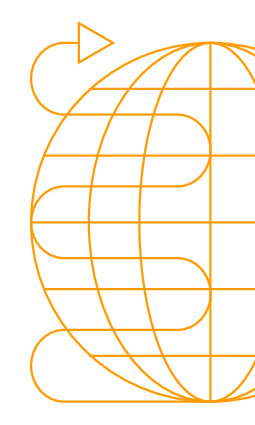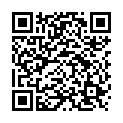|
|
|
| Module code: BAITM-610 |
|
4V (4 hours per week) |
|
6 |
| Semester: 6 |
| Mandatory course: yes |
Language of instruction:
English |
Assessment:
Written examination
[updated 21.03.2010]
|
BAITM-610 International Tourism-Management, Bachelor, ASPO 01.10.2008
, semester 6, mandatory course
|
60 class hours (= 45 clock hours) over a 15-week period.
The total student study time is 180 hours (equivalent to 6 ECTS credits).
There are therefore 135 hours available for class preparation and follow-up work and exam preparation.
|
Recommended prerequisites (modules):
BAITM-480
[updated 20.02.2013]
|
Recommended as prerequisite for:
|
Module coordinator:
Prof. Dr. Leonhard Firlus |
Lecturer:
Prof. Dr. Leonhard Firlus
[updated 21.03.2010]
|
Learning outcomes:
Tourism is a highly international industry. Economic growth in the tourism sector is therefore strongly coupled to international economic developments. Understanding the fundamental interrelationships of foreign trade has thus become an increasingly important element in the successful business management of even small and medium-sized companies.
The course aims to impart to students a basic understanding of the causes and effects of international service, trade and capital flows in a global economic environment.
[updated 21.03.2010]
|
Module content:
- The development of international trade and services
- The main elements of foreign trade theory and policies
- Balance of payments
- Foreign exchange markets and exchange rates
- International monetary systems
[updated 21.03.2010]
|
Teaching methods/Media:
The course comprises lectures and group work and demands a high level of student participation. Students will be expected to prepare and present small pieces of work on selected topics in foreign trade and payments.
[updated 21.03.2010]
|
Recommended or required reading:
- Ethier, Wilfred: Modern International Economics, 3rd ed., W. W. Norton & Company, New York 1997
- Henschel, K., Internationaler Tourismus, Oldenbourg, München, 2002
- Krugman, Paul / Obstfeld, Maurice: International Economics, Addison-Wesley, Reading Mass., latest edition
- Maennig, Wolfgang / Wilfing, Bernd: Außenwirtschaft, Vahlen Verlag, München 1998
- Salvatore, Dominick: International Economics, 7th ed., John Wiley & Sons Inc., New York, 2001
[updated 21.03.2010]
|


